Libba Bray's Rebel Angels, the second installment in the Gemma Doyle trilogy, continues to weave a rich tapestry of fantasy, friendship, and the struggles of adolescence against the backdrop of Victorian society. Picking up where the first book, A Great and Terrible Beauty, left off, Bray plunges readers back into the enchanting yet perilous world of Gemma Doyle, a young girl grappling with her burgeoning powers and the weight of her destiny.
The narrative begins with Gemma's anticipation of a holiday in London, filled with the glamour of balls and the warmth of friendship. However, the festive atmosphere is tinged with melancholy as she tends to her ailing father. This duality of joy and sorrow sets the tone for the novel, highlighting one of its central themes: the complexity of human emotions and relationships. Gemma's longing for normalcy clashes with her responsibilities and the supernatural elements that continue to intrude upon her life.
As Gemma navigates the social intricacies of London, she encounters Lord Denby, whose interest in her adds a layer of romantic intrigue. Bray skillfully portrays the nuances of young love and the societal expectations placed upon women during this era. Gemma's interactions with Denby serve as a reminder of the constraints of her world, where personal desires often conflict with societal norms. This tension is palpable and resonates with readers, particularly those familiar with the struggles of adolescence.
Bray's character development shines as Gemma, Felicity, and Ann delve deeper into the realms, a magical world that serves as both an escape and a source of danger. The friendships among the girls are beautifully rendered, showcasing the bonds of loyalty and the complexities of female relationships. The return of Pippa adds a layer of nostalgia and reinforces the theme of friendship as a source of strength. However, the girls' adventures are not without peril, as they confront the darker aspects of their powers and the consequences of their actions.
One of the most compelling aspects of Rebel Angels is its exploration of power—both magical and personal. Gemma's ability to manipulate the realms places her in a position of authority, yet it also isolates her. The pressure to control her powers and fulfill her destiny is a recurring motif, reflecting the broader theme of self-discovery. Bray deftly illustrates the struggle between embracing one's identity and the fear of the unknown, a theme that resonates with readers of all ages.
The introduction of Kartik, a mysterious figure from the first book, adds depth to the narrative. His warnings about the dangers of the realms and the need to find the Temple create a sense of urgency and tension. Kartik serves as both a mentor and a potential love interest, complicating Gemma's journey. Their relationship is fraught with misunderstandings and unspoken feelings, mirroring the tumultuous nature of young love. Bray captures the essence of this emotional rollercoaster, making it relatable and engaging.
Bray's writing is lush and evocative, painting vivid pictures of both the opulence of Victorian London and the enchanting yet treacherous realms. Her attention to detail immerses readers in the setting, allowing them to experience the sights, sounds, and emotions alongside Gemma and her friends. The prose flows seamlessly, balancing moments of tension with introspective passages that delve into the characters' inner thoughts and fears.
Thematically, Rebel Angels delves into the idea of choice and consequence. As Gemma grapples with her powers and the responsibilities that come with them, she is faced with difficult decisions that will shape her future. The notion that every action has repercussions is a powerful message that resonates throughout the narrative, encouraging readers to reflect on their own choices and the impact they have on their lives and those around them.
Bray also explores the theme of identity, particularly through Gemma's relationship with her mother and the enigmatic Circe. The quest to confront Circe serves as a metaphor for self-acceptance and the struggle to reconcile one's past with the present. Gemma's journey is not just about external battles but also about understanding herself and her place in the world. This internal conflict adds layers to her character, making her relatable and compelling.
In comparison to other young adult fantasy novels, Rebel Angels stands out for its rich character development and intricate plotting. While many stories in the genre focus heavily on action and adventure, Bray emphasizes the emotional and psychological aspects of her characters' journeys. This depth sets her work apart, inviting readers to engage with the characters on a more profound level.
Overall, Rebel Angels is a captivating continuation of Gemma Doyle's story, blending fantasy with the complexities of adolescence and the intricacies of friendship. Libba Bray's masterful storytelling, combined with her ability to create relatable characters, makes this novel a must-read for fans of the genre. The themes of power, identity, and the consequences of choice resonate deeply, ensuring that readers will be left pondering Gemma's journey long after they turn the final page. As the series progresses, one can only anticipate the challenges and revelations that await Gemma and her friends in their quest for self-discovery and empowerment.
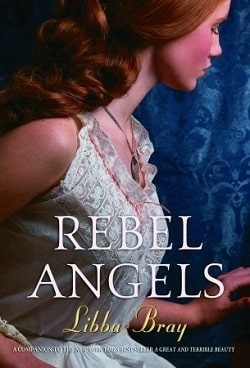



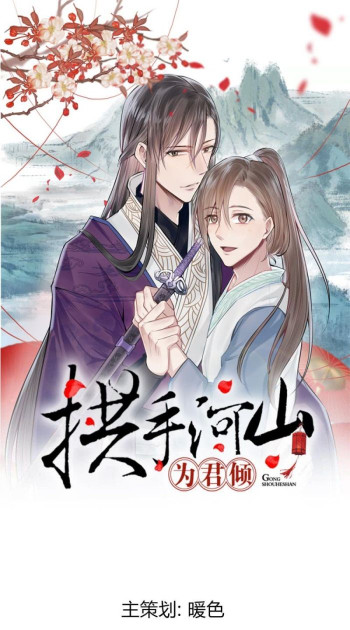
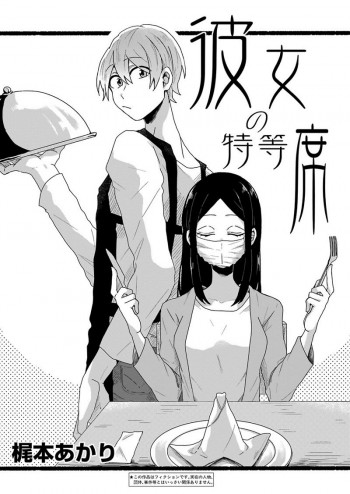

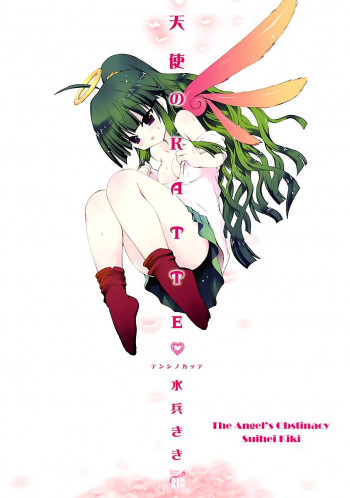
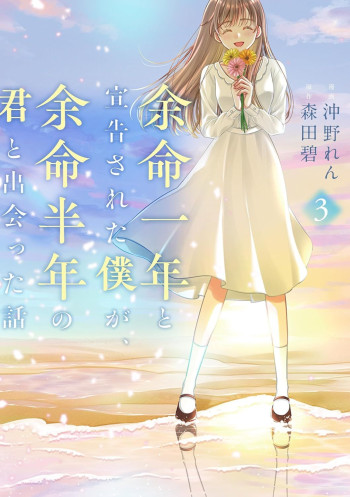
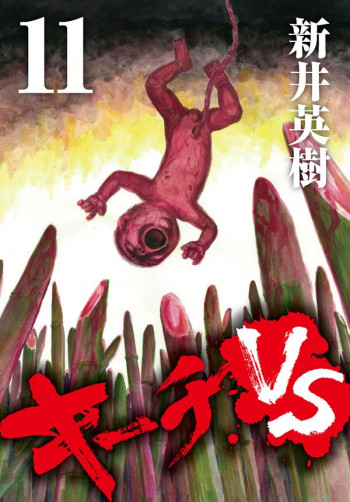
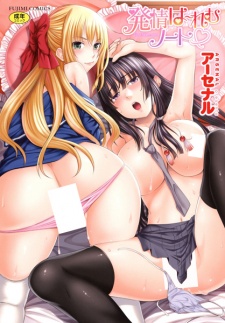
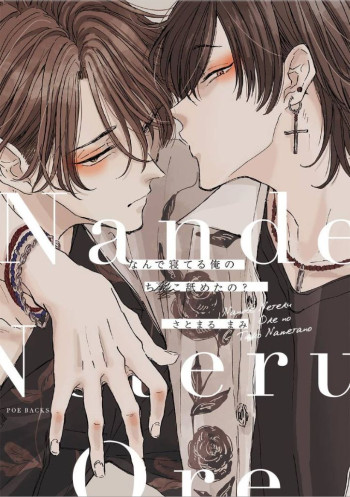
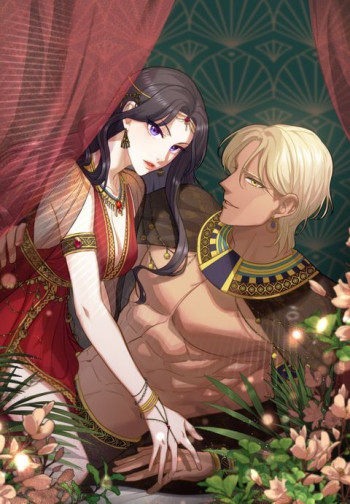
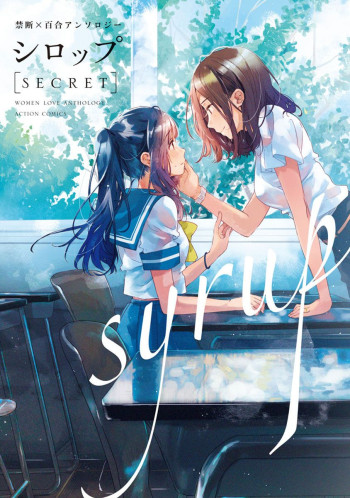










Reviews 0
Post a Reviews: